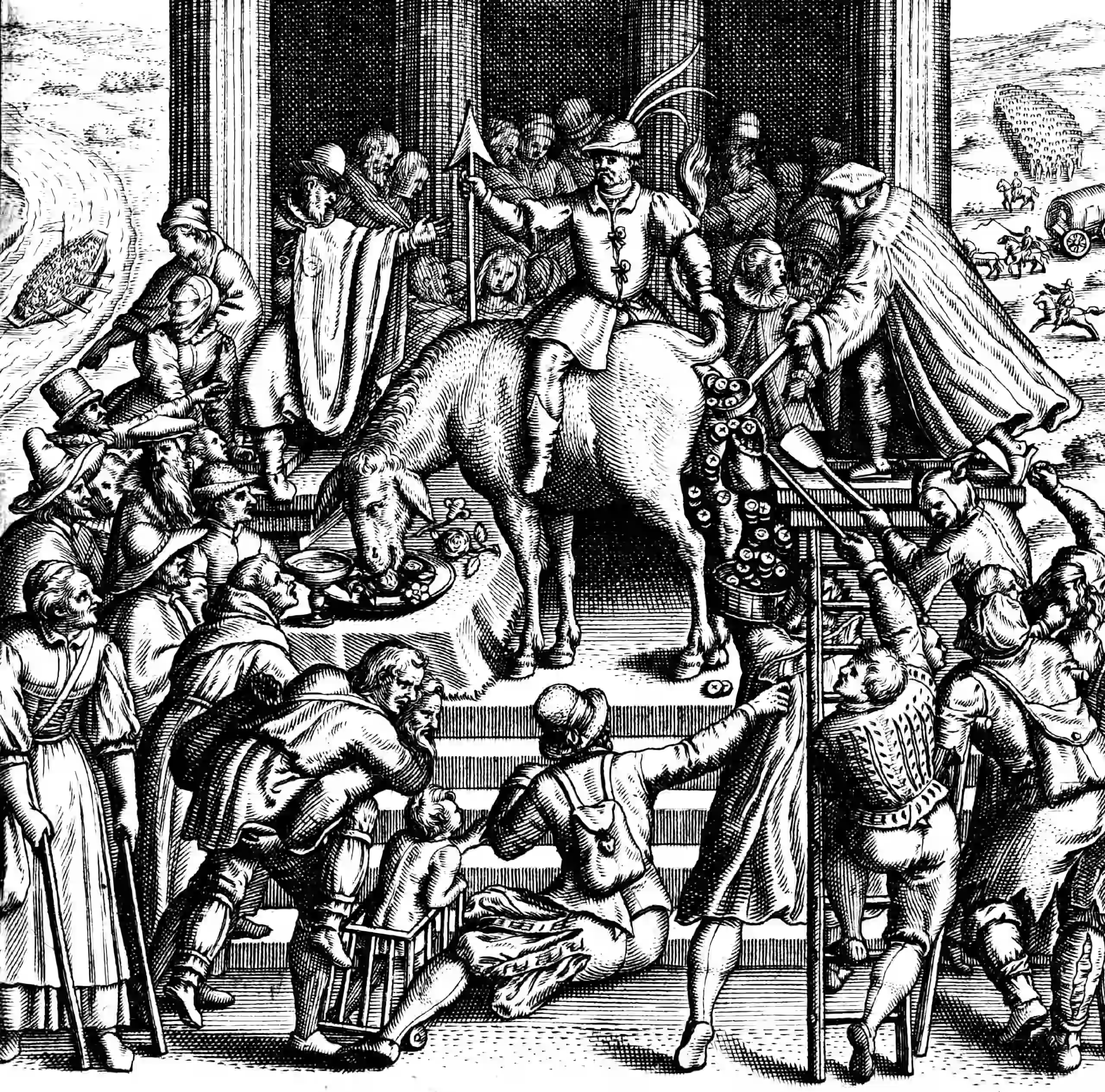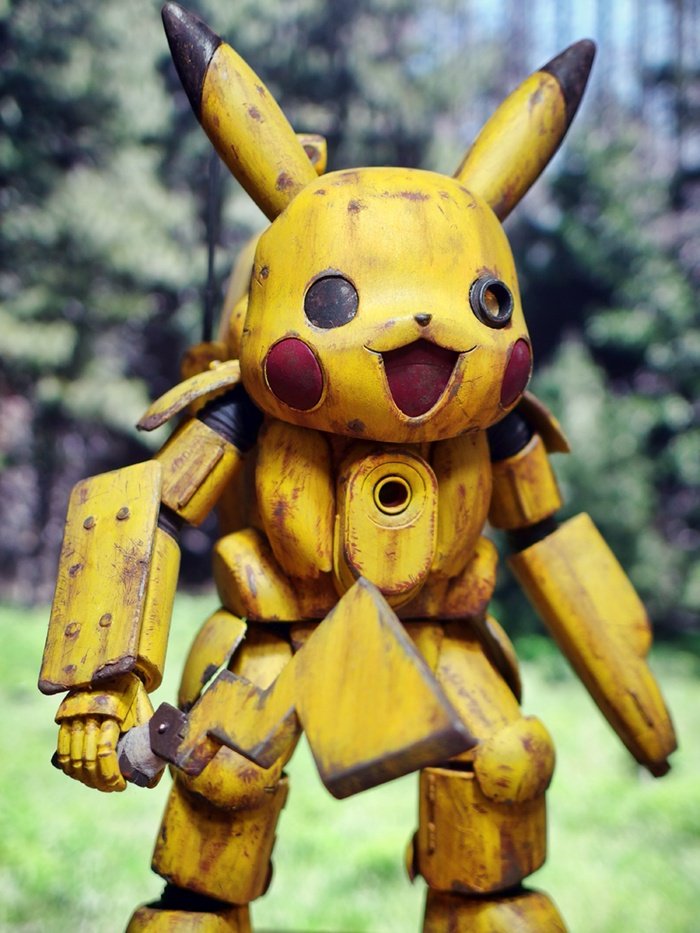Capitalism’s end game
What money wants
December 31, 2014 — November 17, 2024
Suspiciously similar content
A notebook of perverse outcomes for the global economy as it stands.
Is there an omega point for the global economic system as it stands? Are human beings relevant for the engines of global capital? If so, is this relevance necessary or contingent? Do we need their agency? Do we need their labour? Do we need equality? Do we need democracy? Is this the Dream Time?
How should we understand the successes and failures of market-democratic governance in this unstable era?
1 Democracy and state capacity
We seem to be doing a mediocre job on state capacity.
2 Actually existing capitalism
3 Incoming
Yes, a lot of this is (social-) science fiction. Given the speculative nature of this question, I think that is an appropriate degree of certainty to pretend to.
Tragedy of the commons in a violent world(Sekeris 2012) is discussed at A Fine Theorem:
As the remaining resource pool gets smaller and smaller, then each player is willing to waste fewer resources arming themselves in a fight over that smaller pool. This means that if conflict does break out, fewer resources will be destroyed in the “low intensity” fight. Because fighting is less costly when the pool is small, as the pool is depleted through cooperative extraction, eventually the players will fight over what remains. Since players will have asymmetric access to the pool following the outcome of the fight, there are fewer ways for the “smaller” player to harm the bigger one after the fight, and hence less ability to use threats of such harm to maintain folk-theorem cooperation before the fight. Therefore, the cooperative equilibrium partially unravels and players do not fully cooperate even at the start of the game when the common pool is big.
(MacLeod 1999): Clockwork Soviet economy death machine showdown. In space.(Charles. Stross 2006): Stross, C. (2006). Accelerando. London: Orbit. Mayhem when company articles of incorporation go Turing-complete.
(Tainter et al. 2003): All rich ant colonies are alike; each poor ant colony is poor in its own way. Extrapolate to humans.
(Watts 2006): Is consciousness getting in the way of capitalism?
The Walmart Effect - The Atlantic summarizes (Furman 2005; Lehner et al. 2024; Wiltshire 2024)
What’s going on here? Why would Walmart have such a broadly negative effect on income and wealth? The theory is complex, and goes like this: When Walmart comes to town, it uses its low prices to undercut competitors and become the dominant player in a given area, forcing local mom-and-pop grocers and regional chains to slash their costs or go out of business altogether. As a result, the local farmers, bakers, and manufacturers that once sold their goods to those now-vanished retailers are gradually replaced by Walmart’s array of national and international suppliers. (By some estimates, the company has historically sourced 60 to 80 percent of its goods from China alone.) As a result, Wiltshire finds, five years after Walmart enters a given county, total employment falls by about 3 percent, with most of the decline concentrated in “goods-producing establishments.”
the GOP’s Bid to Beat Its Human Capital Problem
The Thiel-adjacent wing is one of the few exceptions here, and it’s expanding. You’re seeing endorsements from, and overtures to, Elon Musk, the All-In Podcast guys, and Bill Ackman. Republicans offer a sort of Faustian bargain to ambitious anti-woke secular sorts: make your peace with the evangelicals, pander to social conservatism, and gain sway in a coalition crying out for policy competence. More than a few will take that bargain.
Mary Harrington, Prison Pod Cities and Killer Robots
The Smash-and-Grab Economy on private equity
I Went to the Premiere of the First Commercially Streaming AI-Generated Movies

